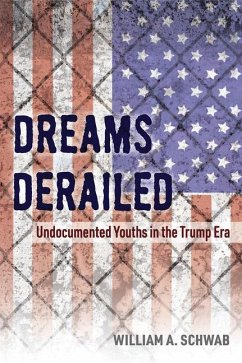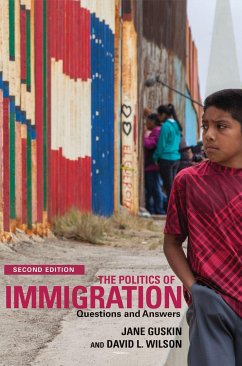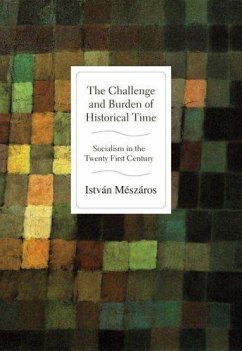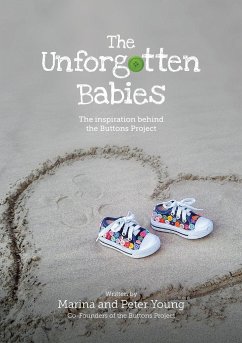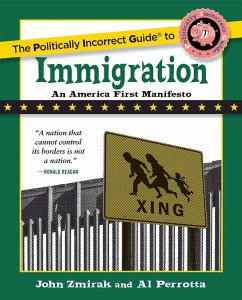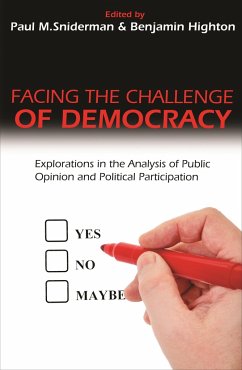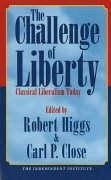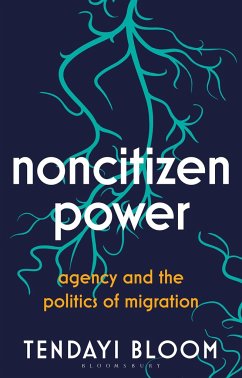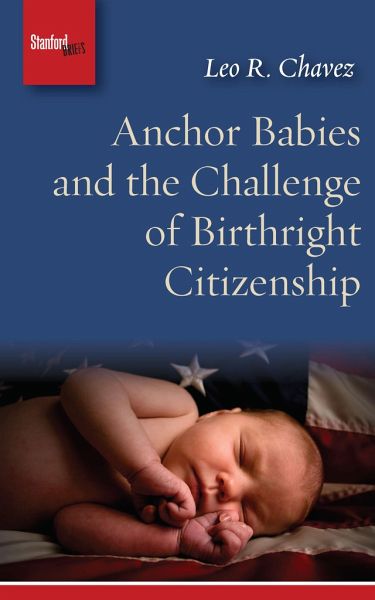
Anchor Babies and the Challenge of Birthright Citizenship
Versandkostenfrei!
Versandfertig in über 4 Wochen
15,99 €
inkl. MwSt.

PAYBACK Punkte
8 °P sammeln!
Leo R. Chavez is Professor of Anthropology at the University of California, Irvine. He is the author of The Latino Threat: Constructing Immigrants, Citizens, and the Nation (Stanford, 2008, 2013), among other books.



